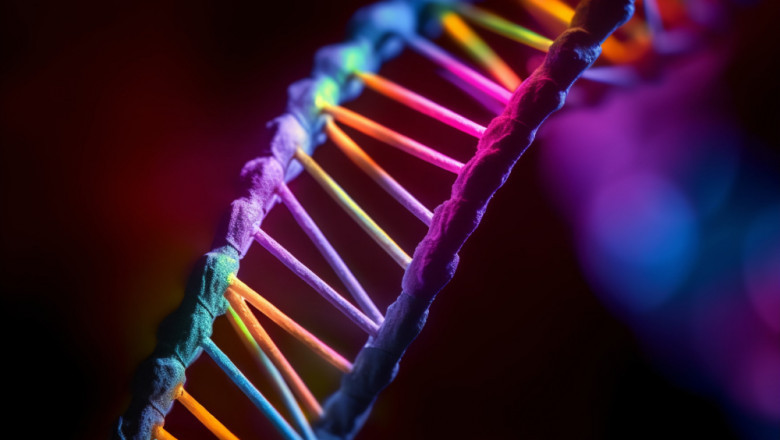views
Rising Burden of Neuromuscular Disorders (NMDs)
The prevalence of neuromuscular disorders (NMDs) is increasing worldwide. These disorders include conditions such as Duchenne muscular dystrophy (DMD), spinal muscular atrophy (SMA), and amyotrophic lateral sclerosis (ALS). Since many of these diseases result from genetic mutations, they are prime candidates for gene and mRNA-based therapies.
Traditional treatments like steroids and physical therapy help manage symptoms but fail to address the underlying genetic abnormalities. Newer treatment methods aim to correct these defects at the molecular level, offering hope for better disease management and potential cures.
Potential of mRNA-Based Therapies in Neuromuscular Disorders
The potential of mRNA-based therapies is revolutionizing neuromuscular disorder treatment. These therapies work by delivering mRNA molecules that instruct cells to produce necessary proteins, restoring muscle function and slowing disease progression.
With mRNA technology already proving successful in vaccine development, researchers are now exploring its applications for genetic diseases like DMD and SMA. By delivering precise genetic instructions to muscle cells, mRNA therapies could provide long-term relief or even curative potential.
Helixmith: Driving Innovation in Gene Therapy
Biotechnology firms like Helixmith are making significant strides in gene therapy for neuromuscular disorders. Their focus is on regenerative medicine and genetic treatments that modify disease progression rather than just alleviating symptoms.
Helixmith’s research involves introducing functional genes into affected muscle tissues to counteract the mutations causing neuromuscular disorders. This gene therapy approach has shown promise in preclinical studies, paving the way for potential breakthroughs in treatment.
The Future of Neuromuscular Disorder Medications
The development of new neuromuscular disorder medications is accelerating, with various novel treatments in the pipeline, such as:
-
Gene Replacement Therapy: Delivers functional copies of defective genes, offering long-term therapeutic benefits.
-
CRISPR Gene Editing: A precise technique that corrects genetic mutations at the DNA level.
-
Antisense Oligonucleotides (ASOs): These therapies regulate gene expression and are already showing success in SMA treatments.
-
mRNA-Based Therapeutics: The potential of mRNA-based therapies continues to grow, providing innovative solutions for degenerative muscle diseases.
Conclusion
Gene and nucleic acid therapies are revolutionizing the treatment of neuromuscular disorders (NMDs). Companies such as Helixmith are pioneering advanced treatments that target the root causes of these diseases. As new therapies continue to emerge, the future of neuromuscular disorder medications looks promising, with innovative strategies set to transform patient outcomes.
Latest Reports:-
Wilson’s Disease Market | Zollinger-ellison Syndrome Market | Acute Pyelonephritis Market | Addison’s Disease Market | Atopic Dermatitis Market | Celiac Disease Market | Central Retinal Venous Occulsion Market | Choroideremia Market | Chronic Fatigue Syndrome Market | Chronic Liver Disease Market | Epithelial Ovarian Cancer Market | Fabry Disease Market | Fecal Incontinence Market | Hay Fever Conjunctivitis Market | Head And Neck Squamous Cell Carcinoma Market | Hemophilia A Market | Hyperhidrosis Market | Idiopathic Pulmonary Fibrosis Market | Immune Checkpoints Activators Market | Inflammatory Pain Market | Metastatic Pancreatic Cancer Market | Neurofibromatosis Market | Next Generation Immunotherapies Market | Patent Foramen Ovale Closure Devices Market | Patient Monitoring Devices Market | Peripheral Arterial Disease Market | Pheochromocytoma Market | Pleural Effusion Market | Postoperative Gastrointestinal Dysfunction Market






















Comments
0 comment